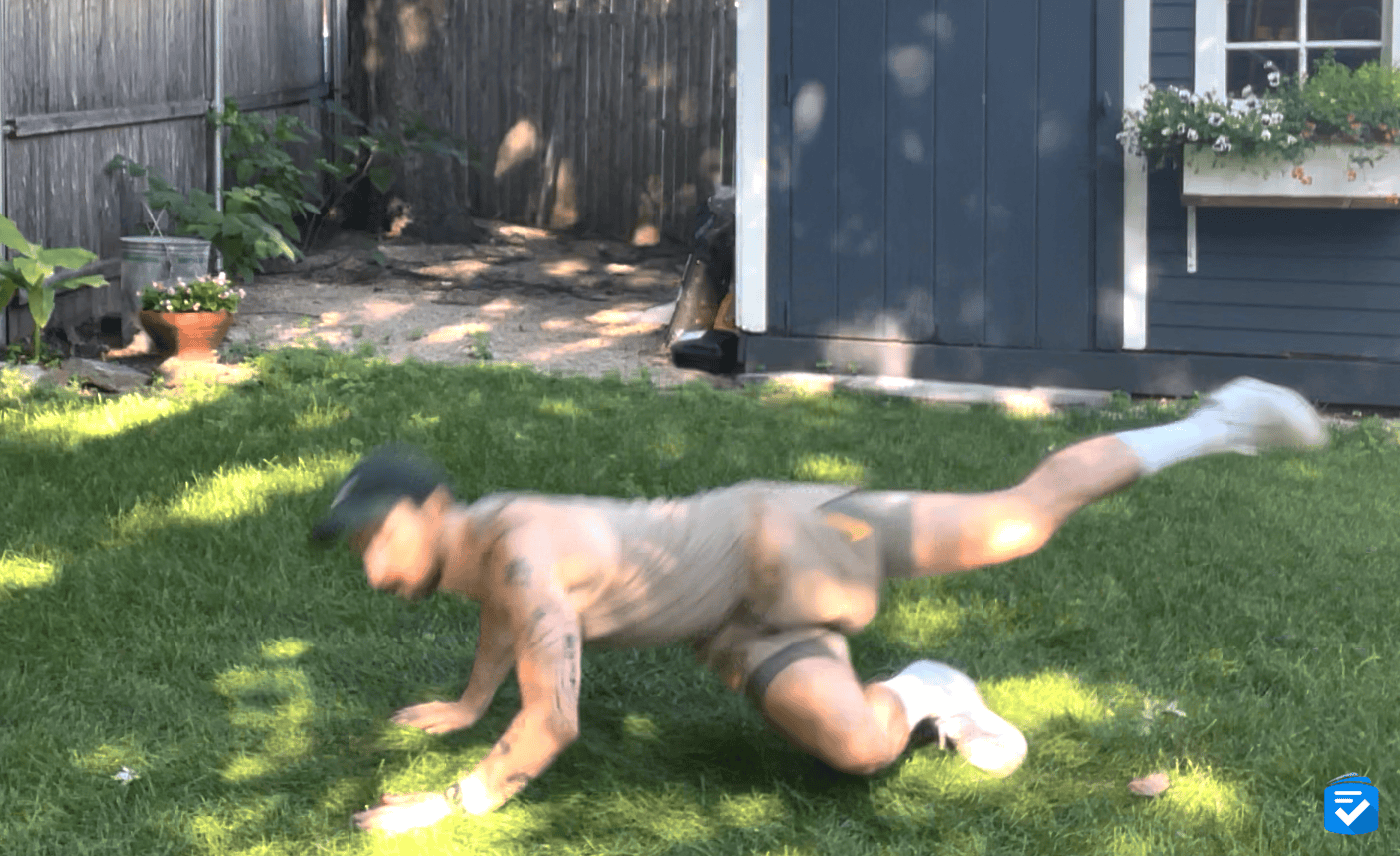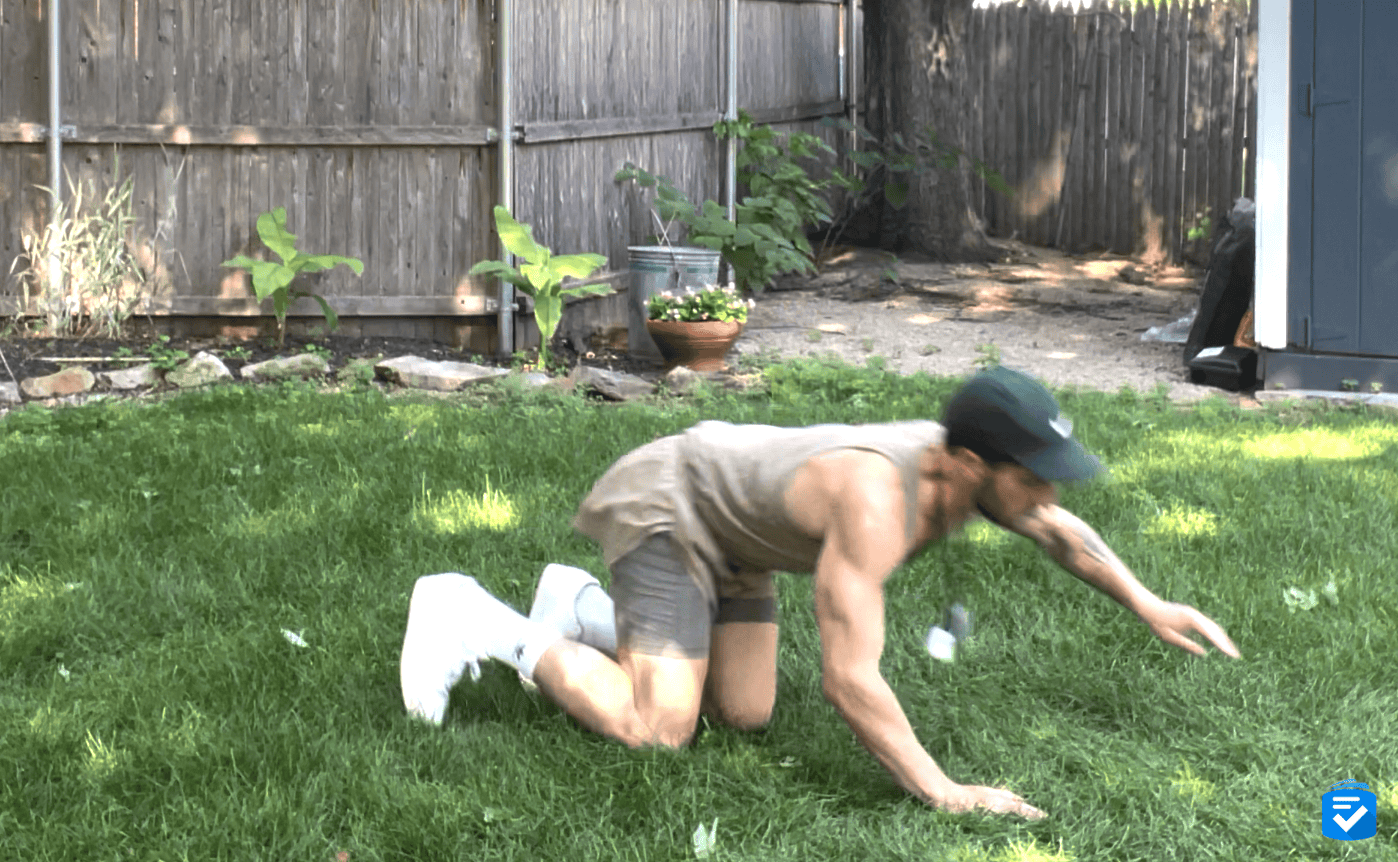The 4 Best Fall Detection Devices in 2025, Tested by Caregivers
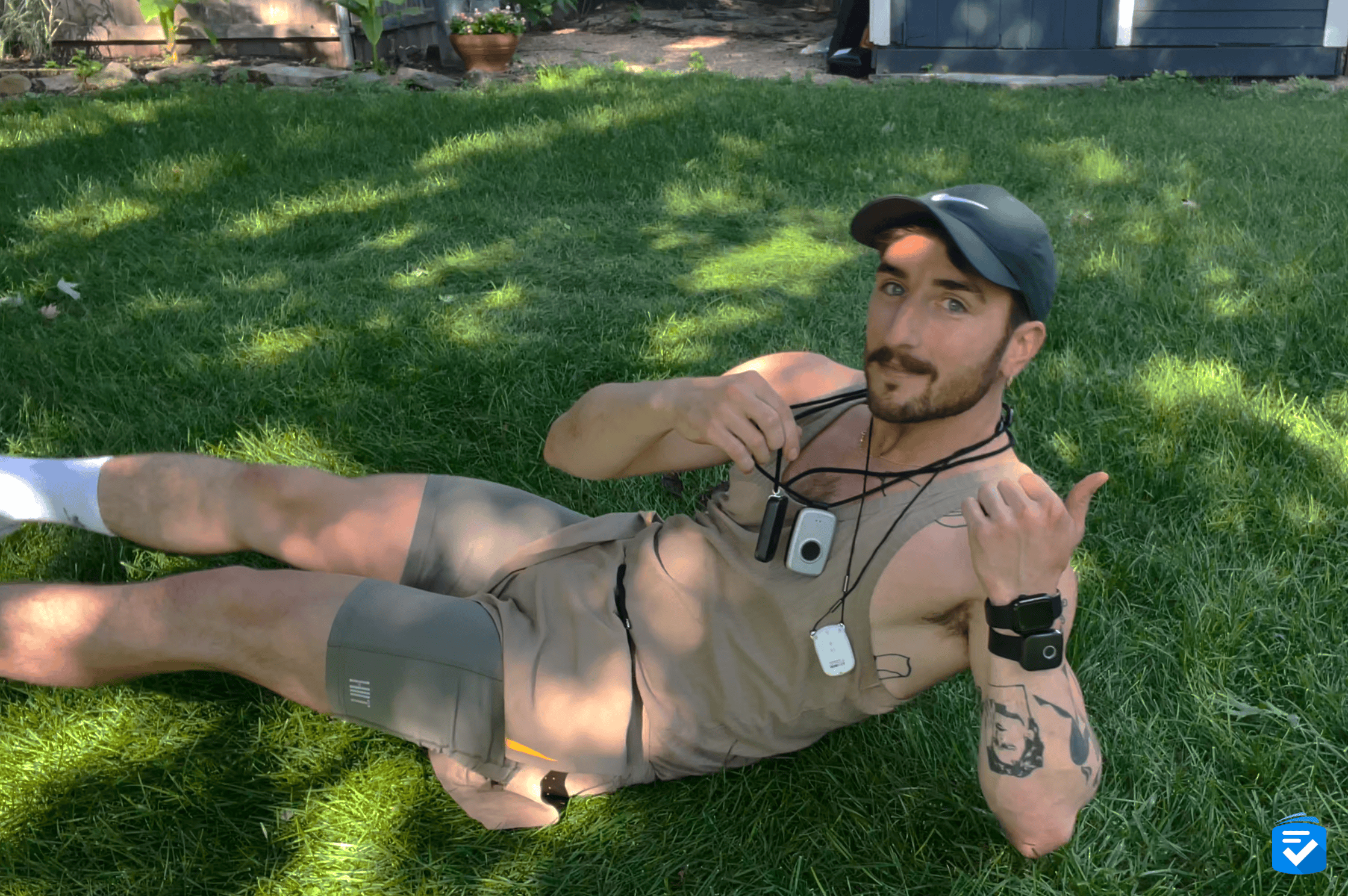
When it comes to aging in place with confidence, fall detection devices serve as crucial lifelines for seniors and their caregivers. Falls remain one of the greatest threats to independent living, with the CDC reporting that 1 in 4 older Americans experiences a fall each year. However, not all fall detection technology performs equally when put to the test.
After rigorous testing of 12 devices across 10 companies, our team of caregivers and healthcare professionals has identified the four standout performers that can genuinely deliver when it matters most. The MGMini Lite emerged as our top recommendation, accurately detecting 80 percent of test falls while triggering zero false alarms during our week-long evaluation period.
This comprehensive guide examines how each device performed in real-world scenarios, comparing their accuracy with both fast and slow falls, comfort levels, monitoring capabilities, and overall value. Whether you’re seeking protection for yourself or a loved one, these tested recommendations offer peace of mind backed by data-driven results.
Key Findings
- The MGMini Lite is our top pick for fall detection; it detected 8 out of 10 test falls and triggered zero false alarms.
- ADT’s On-the-Go system also detected 8 out of 10 test falls. However, this system requires two wearable pendants, making it somewhat uncomfortable.
- The Apple Watch SE detected 4 out of 5 fast falls but zero of our slow falls.
- While fast falls are more likely to be detected, no fall detection device was 100 percent accurate with either type of fall.
Our Video Rundown
Want to see our top four fall detection devices in action? Then watch this video, in which Ryan Molloy, our Managing Editor, tests out each of them.
Not concerned with fall detection? Then read our guide to the best overall medical alert systems.
Why Trust TheSeniorList
Our team of caregivers, experts, and healthcare professionals conducted over 5,000 hours of in-depth research and testing. So, we can recommend the most reliable medical alert devices that help seniors age in place. In this process, our team:
- Tested 50 medical alert devices from 15 different brands.
- Surveyed 1,250 seniors and caregivers on medical alert system usage.
- Consulted with nurses, EMTs, and caregivers who are experts at caring for older adults.
- Published dozens of videos that demonstrate our medical alert system testing.
- Evaluated verified customer reviews of medical alert companies from the Better Business Bureau.
How We Tested Each Fall Detection Device
Almost every medical alert provider offers some type of fall detection. Additionally, some smartwatch brands like Apple and Samsung have begun offering this feature. To create this list, we tested 12 fall detection devices from 10 different companies. We evaluated them on the following criteria:
- Fall detection accuracy: For each fall detection device, we conducted five slow falls and five fast falls.
- False alarms: Our testing team wore each device for a week and counted the number of times it erroneously detected a fall when none had occurred.
- Pricing: We accounted for both the price of each device as well as any monthly monitoring and service costs.
- Comfort: Fall detection devices are meant to be worn throughout the day, so we rated comfortable ones more favorably.
- Monitoring: For most users, a device that contacts a professional monitoring center will be preferable to one that simply contacts 9-1-1.

The Best Fall Detection Devices
- MGMini Lite : Most Accurate Fall Detection
- Bay Alarm Medical SOS Mobile : Best Pendant Option
- ADT On-the-Go : Reliable Monitoring
- Apple Watch SE (2nd Gen): : Best Caregiver Features
Fall Detection Devices Compared
|
MGMini Lite
 |
Bay Alarm Medical SOS Mobile
 |
ADT On-the-Go
 |
Apple Watch SE (2nd Gen):
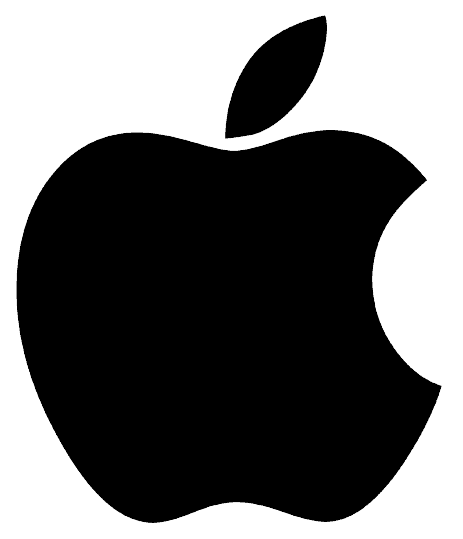 |
|
|---|---|---|---|---|
| Rating out of 5 | 4.7 | 4.5 | 4.2 | 4.0 |
| Fast Falls Detected | 5 out of 5 |
4 out of 5 |
5 out of 5 |
4 out of 5 |
| Slow Falls Detected | 3 out of 5 |
3 out of 5 |
3 out of 5 |
0 out of 5 |
| False Alarms | 0 | 4 |
12 |
0 |
| Cost (With Fall Detection) |
|
|
|
|
| Read More | MGMini Lite Review |
Our Top Picks
1. MGMini Lite - Most Accurate Fall Detection
What We Like Most:
- 80 percent of falls detected in our tests
- No long-term contracts required
- IP67 water-resistant device
- Useful app for caregivers
Overview
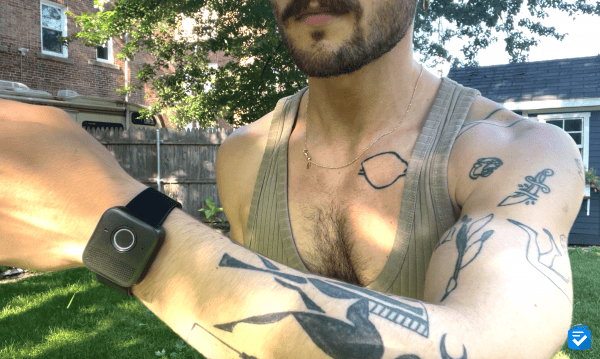
Due to their lightning-fast response times, Medical Guardian systems have long been among our favorites. The MGMini Lite, a mobile medical alert bracelet, combines the company’s reliable monitoring with the most accurate fall detection that we’ve observed.
Want to learn about our full experience with the MGMini Lite beyond fall detection? Then read our full MGMini Lite review.
Testing
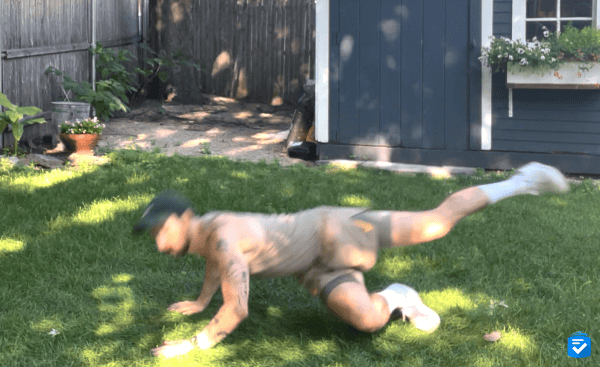
In our 10 test falls, the MGMini Lite detected all five fast falls and three slow falls, making it the most accurate device we tried. We were also impressed that, during our week wearing the device, it triggered no false alarms — something only the Apple Watch SE could match.
Once falls were detected, it was easy to communicate with monitoring agents via the device’s voluble speakerphone. Much like other Medical Guardian devices, the MGMini Lite connected us to help in an average of eight seconds.
After each fall, the MGMini Lite also notified our loved ones via the MyGuardian app. This app allowed them to track the device’s live location and monitor its battery life. Worn as a bracelet, the MGMini Lite was also noticeably more comfortable than the pendant options we tested.
Drawbacks
While the MGMini Lite had the most accurate fall detection, we can’t ignore the fact that it’s one of the most expensive devices on this list. It costs a one-time $149.95 fee, followed by monthly payments of $54.95. Medical Guardian’s MGMini is slightly less expensive at $49.95 per month with fall detection. However, in our MGMini review, we found that this device’s fall detection was not nearly as accurate.
To learn more about the different costs of Medical Guardian systems, read our guide to Medical Guardian Costs.
Verdict
Reliable, comfortable, and capable of detecting the vast majority of falls, the MGMini Lite is our top-rated fall detection device. While it does cost more than other devices on this list, its reliability makes it worth the higher price.
To learn more about our experience with Medical Guardian’s other systems, read our full Medical Guardian review.
Pros
- Reliable fall detection
- Accurate GPS capabilities
- Small and comfortable design
- Can be worn in the shower
Cons
- Prices start at $54.95 per month with fall detection

2. Bay Alarm Medical SOS Mobile - Best Pendant Option
What We Like Most:
- 70 percent fall detection accuracy
- Under $40 per month
- No long-term contracts
- Small, comfortable size
Overview
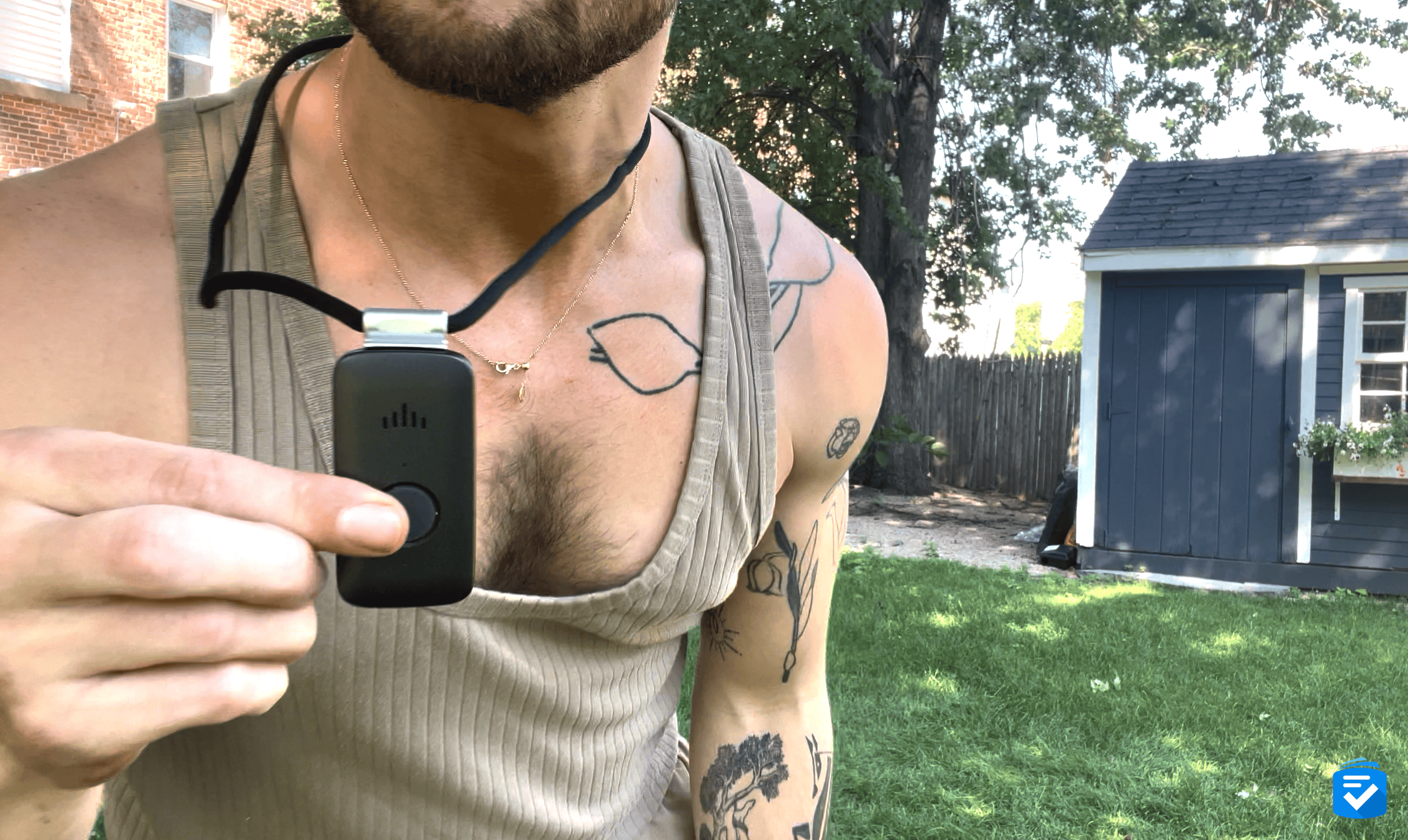
If the MGMini Lite is a bit too expensive, then Bay Alarm Medical’s SOS Mobile might be the better option. Costing $39.95 per month (fall detection included), it’s one of the most affordable fall detection devices.
Testing
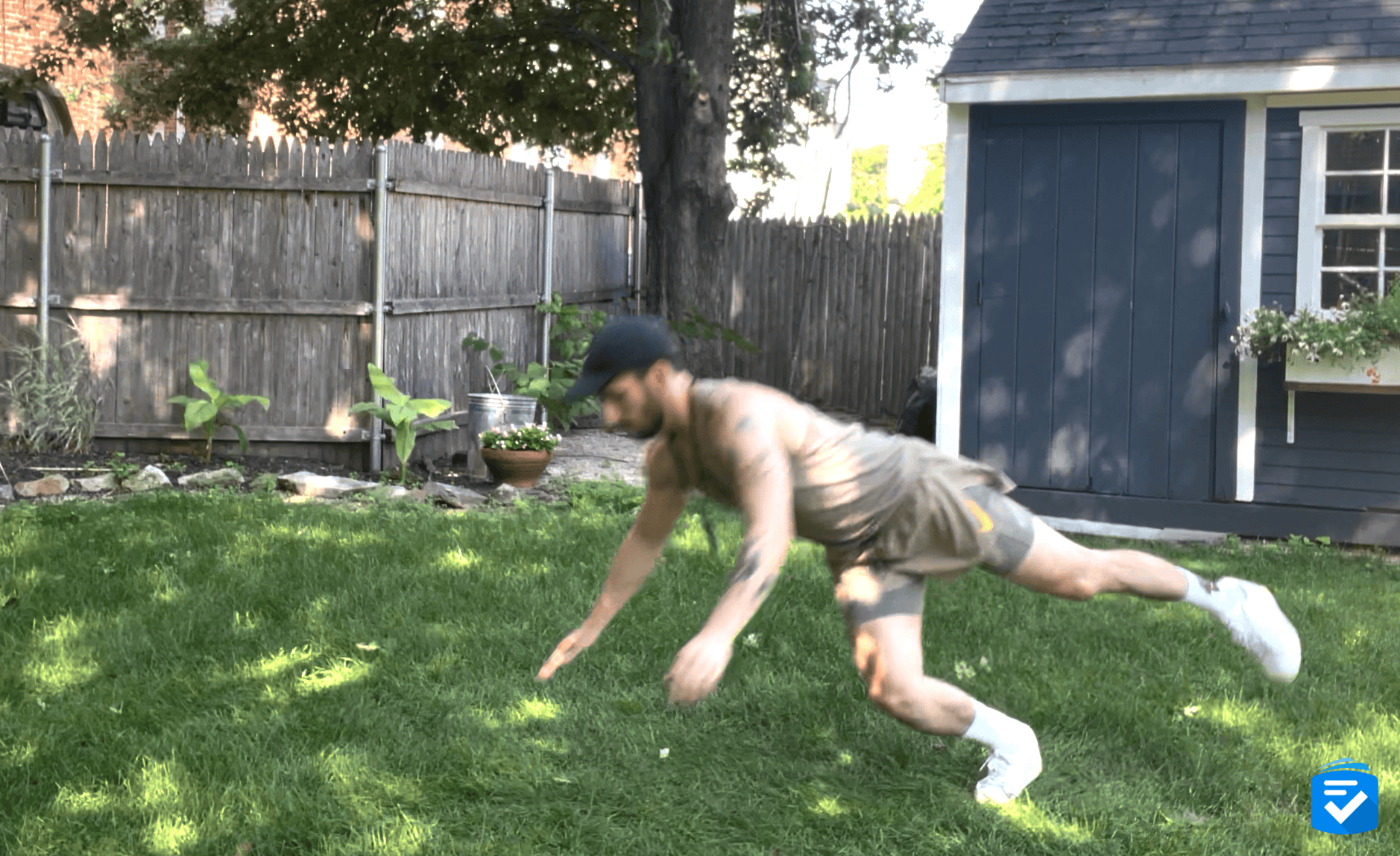
In our 10 test falls, the SOS Mobile detected four fast falls and three slow falls. While this is not quite as accurate as ADT’s On-the-Go system, the SOS Mobile ranks more highly because it triggered far fewer false alarms. Additionally, the SOS Mobile has fall detection built into its compact unit, meaning it’s much more comfortable to wear than ADT’s multi-pendant system (more on this below).
In our test calls, we found that the SOS Mobile quickly connected us to help, averaging 16 seconds in our 10 calls. While this is not quite as fast as Medical Guardian’s response times, it’s still faster than average.
With the SOS Mobile, we also got free access to the Bay Alarm Medical app. Through this app, loved ones could track our device’s location and receive notifications each time a fall was detected. For those with friends and family who live nearby, this feature would be highly useful.
Drawbacks
The primary drawback of the SOS Mobile is that it performed ever so slightly worse than the MGMini Lite. Its response times were, on average, eight seconds slower. Plus, it detected seven falls vs. the MGMini Lite’s eight. That said, Bay Alarm Medical’s systems are more affordable; so, for some users, the savings might be worth it.
To learn more about the pricing for these systems, read our guide to Bay Alarm Medical costs.
Verdict
While the SOS Mobile performed slightly worse than the MGMini Lite, we’d still trust it to protect our loved ones. Plus, it will do so at a significantly lower price.
To learn more about this company, read our hands-on Bay Alarm Medical review and SOS Smartwatch review.
Pros
- 70 percent fall detection accuracy
- Useful app for caregivers
- Three-day battery life
- 4G LTE cellular coverage from Verizon or AT&T
Cons
- No bracelet fall detection option
3. ADT On-the-Go - Reliable Monitoring
What We Like Most:
- 80 percent fall detection accuracy
- In-home and mobile fall detection
- No long-term contracts
- Water-resistant devices
Overview
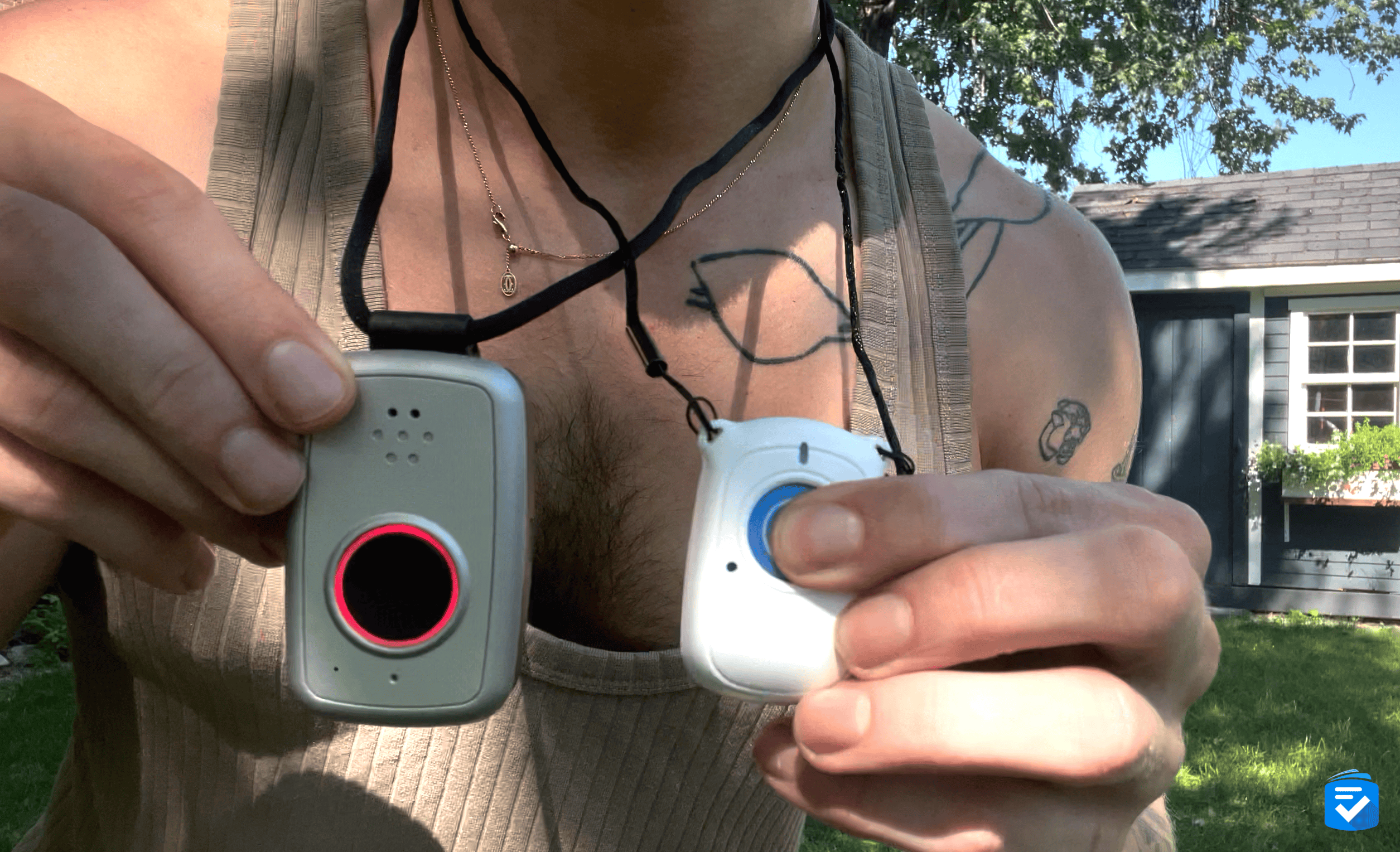
ADT charges $11 per month for fall detection (slightly higher than the standard $10). However, its On-the-Go system detected 8 out of our 10 test falls, making it among the most accurate devices.
Testing
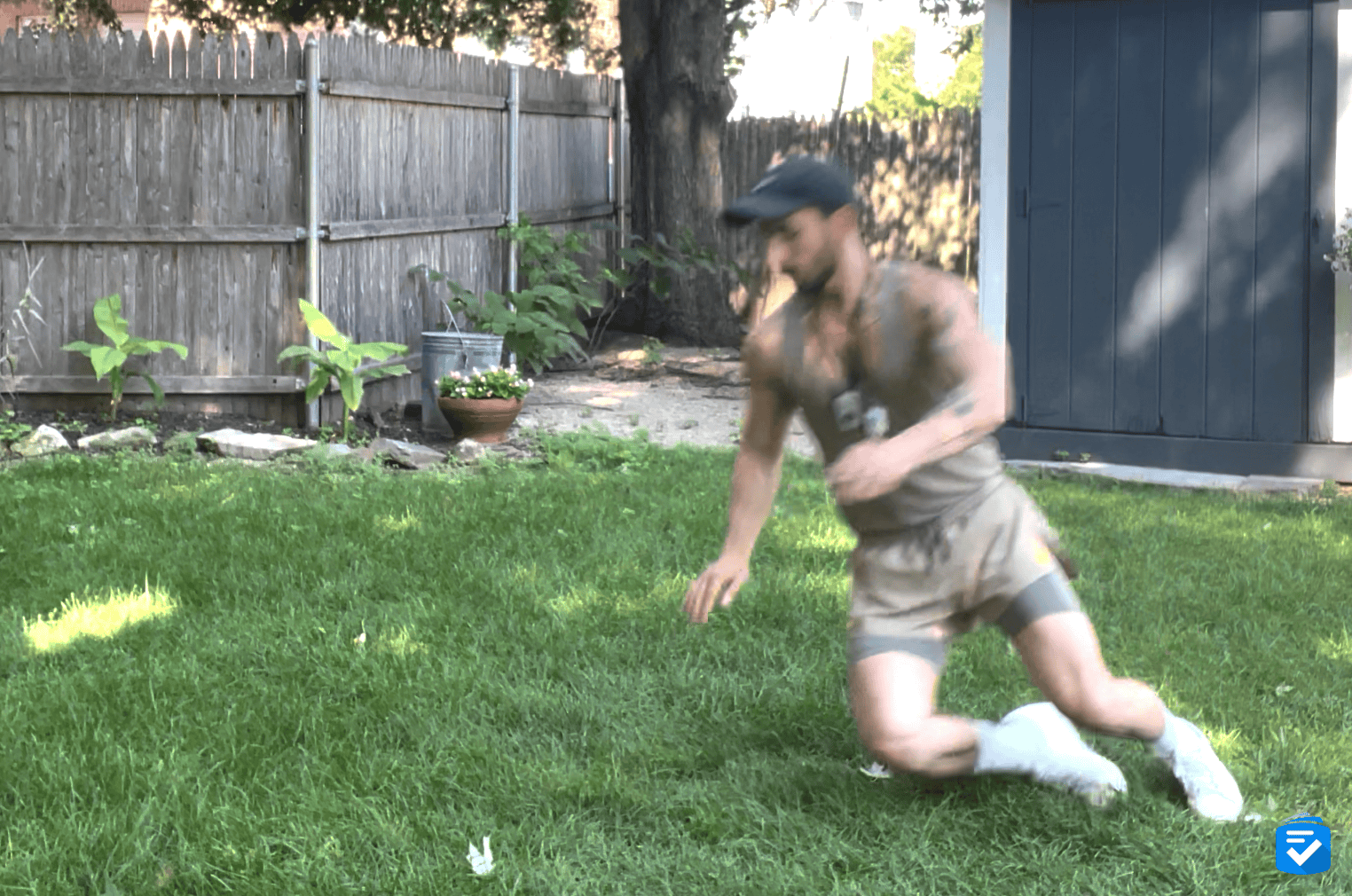
ADT’s On-the-Go detected 5 out of 5 fast falls and 3 out of 5 slow falls. That said, we ranked the SOS Mobile more favorably due to the ADT’s proclivity for false alarms. After wearing this device for one week, our testing team counted 12 false alarms. While deactivating these alarms was easy enough, their frequency got pretty annoying.
Still, we can’t ignore the rapid response times from ADT’s monitoring center. In our 10 test calls, their agents answered in an average of 14 seconds. Additionally, agents were able to consistently report our GPS location.
Drawbacks
False alarms aside, the biggest problem we had with ADT’s On-the-Go was the need for an additional pendant in order to use fall detection. While the system detected a high percentage of our falls, it’s hard to imagine many people wanting to wear both pendants around the clock.
Additionally, no ADT medical alert system supports any type of app or communicative features for caregivers. When a fall is detected, the device will only contact ADT’s monitoring center. If caregiver connectivity is important to you, then I’d recommend the MGMini Lite.
Verdict
With accurate fall detection both in and out of the home, ADT is a solid option for a medical alert device. To learn more about our experience with ADT’s systems, read our full ADT medical alert review.
Pros
- GPS capabilities
- Water-resistant help buttons
- Accurate fall detection
- No long-term contracts required
Cons
- Extra pendants required for fall detection
4. Apple Watch SE (2nd Gen): - Best Caregiver Features

What We Like Most:
- No monthly cost for iPhone users
- Ample caregiver features
- Health-tracking capabilities
- Accurate detection of fast falls
Overview
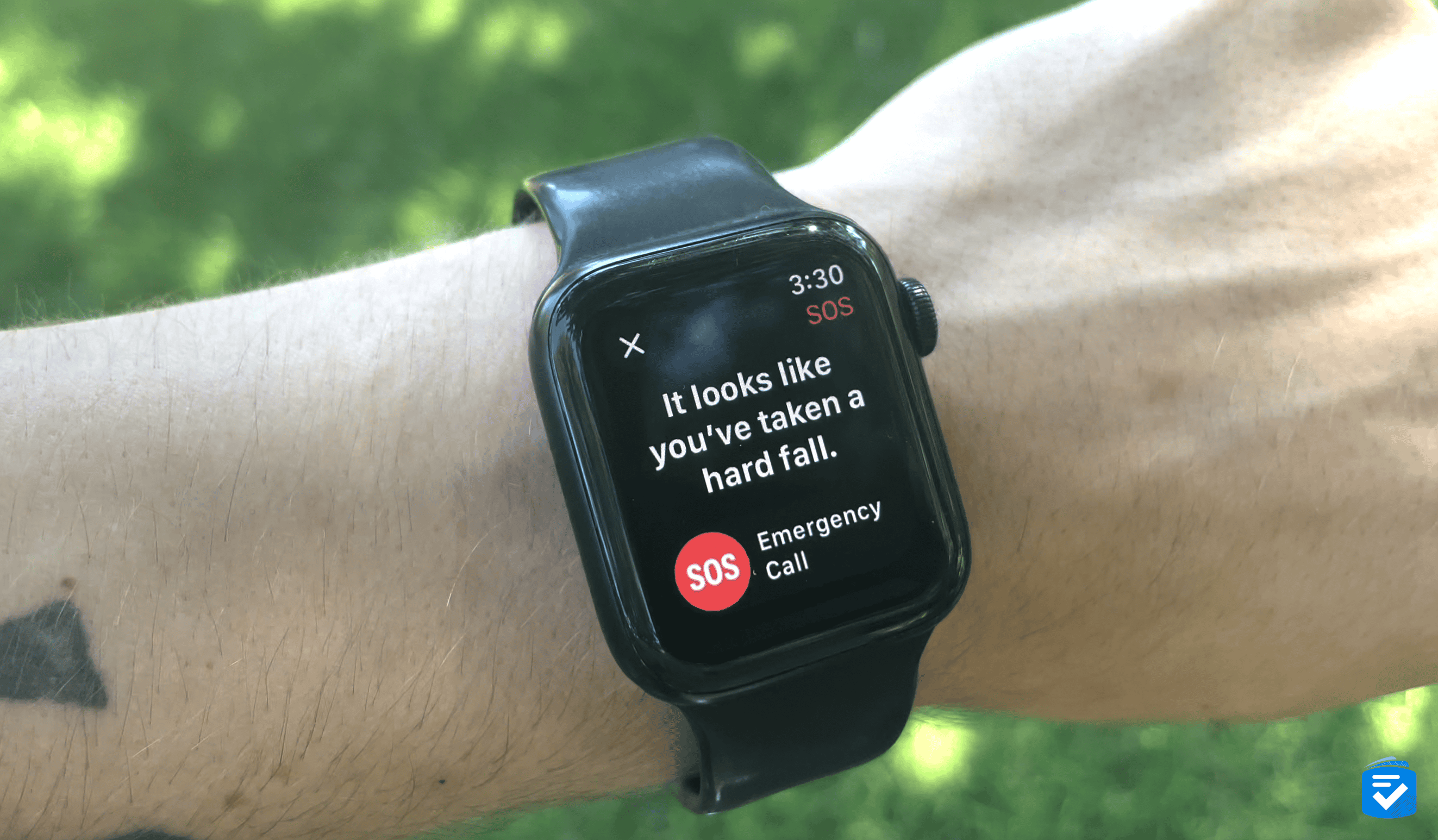
In our recent survey of medical alert system users, the vast majority of respondents reported using an Apple Watch as a medical alert system. In our tests, we found that this device might be a worthwhile option, provided the wearer can use its interface.
Fall Detection
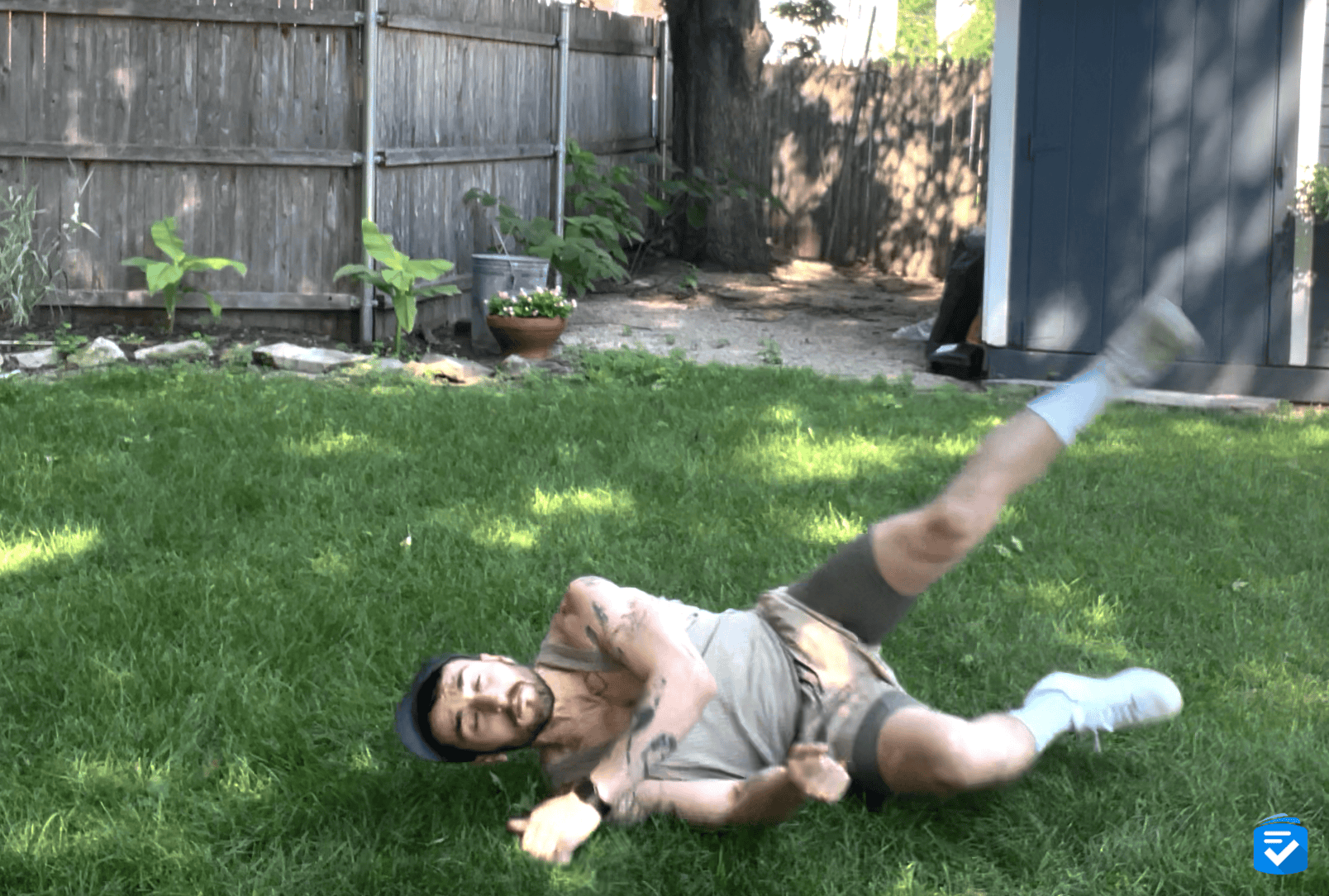
The Apple Watch SE detected 4 out of 5 fast falls and zero of our slow falls. So, why did we include it on this list?
First, we appreciate the caregiver features of any Apple Watch. With this device, loved ones could track our location. Then, when the watch detected our fast falls, we could automatically alert our loved ones. The Apple Watch is also the only device on this list that allows a user to place phone calls and send text messages directly from the watch.
Secondly, the Apple Watch SE is deceptively affordable. While the device may cost $249, its monthly costs are incredibly low. For example, I currently use an iPhone, meaning I had to pay no extra monthly fees for my Apple Watch. Fall detection is included at no extra cost.
>>Read more: The Best iPhones for Seniors
Drawbacks
Yes, the Apple Watch SE proved useless when it came to detecting slow falls. However, its biggest drawback is its complicated design. Compared to the other devices on this list — all of which contain one button that contacts help — the Apple Watch has countless capabilities. This is usually a good thing, but not when they’re all contained on a roughly 1.5-inch touch screen.
While many older adults will be able to operate an Apple Watch, those with vision impairment or manual dexterity issues would likely be better served by the other three options on this list.
Verdict
Provided you don’t need slow fall detection, an Apple Watch might be a worthwhile fall detection device. It will also come with a variety of health, communication, and entertainment features not seen on traditional medical alert systems.
To learn more about how an Apple Watch can keep your loved ones safe, read my guide: Apple Watches vs. Medical Alert Systems.
Pros
- Reliable, fast fall detection
- Ample communication features
- Low-to-zero monthly fees
- Accurate location features
Cons
- Watch calls 9-1-1, as opposed to a monitoring center
- Does not detect slow falls

Honorable Mentions
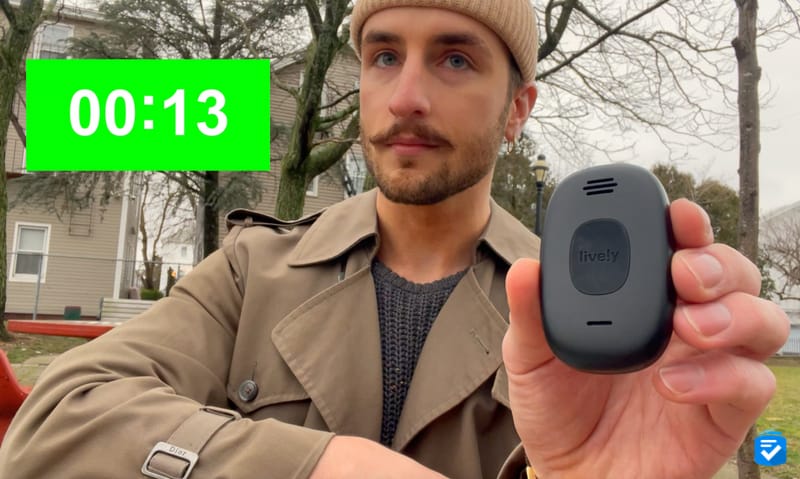
While the following devices did not make our top four, they performed well in our tests and might work for certain users.
- Kanega Watch: This device detected a majority of falls. However, it costs more than any other device we tested. Read our Kanega Watch review to learn more.
- Lively Mobile2: The Lively Mobile2 detected most of our falls. However, frequent false alarms were an issue with this one. Read our full Lively Mobile2 review to learn more.
- MobileHelp: MobileHelp offers fall detection on a number of its systems. However, the company will nickel-and-dime you to unlock features of its caregiver app. Read our MobileHelp review to learn more.
What Is Fall Detection?
Simply put, fall detection refers to any type of technology that detects when a person falls and calls for help. In some cases, fall detection is a feature of wearable devices like smartwatches. However, more commonly, it is used by medical alert systems.
>> Further reading: What Is a Medical Alert System?
Ever since Life Alert’s commercials featured the famous line, “I’ve fallen, and I can’t get up,” medical alert systems have been associated with getting seniors help in the wake of a fall. And while Life Alert systems (ironically) are among the few that don’t support fall detection, the companies on this list have reliable fall detection that can protect your loved ones.
How Does Automatic Fall Detection Work?
Through a combination of accelerometers, sensors, and algorithms, a fall detection device senses when a person falls down. In many cases, fall detection utilizes the same accelerometer technology that allows your smartphone to adjust the screen when you rotate the phone.
>> Read more: The Best Smartphones for Seniors
Once a device detects a fall, it automatically sends a signal to an urgent response call center. So, even if a person is unable to press a help button, help will still be contacted.
Fall Detection and False Alarms
One concern we hear frequently regarding fall detection is that the pendants can send out false alarms.
Full transparency: This is a genuine issue. No fall detection system is perfect. Plus, from time to time, the sensors may mistake an ordinary movement — such as bending forward or getting into bed — for a fall and send out an alarm. If it happens, however, you can simply press the button on your base station or pendant to contact the call center and let the agent know there’s no problem.
On the flip side, most systems are set not to send out an alarm if they detect movement after a fall. This is to prevent false signals. The system assumes if you can move, then you can press your alarm. It’s a good idea to press your help button after a fall to make sure help is coming.
Fall detection systems aren’t perfect, but we firmly believe they are worth the investment. This is especially true for older adults who are particularly at risk of falls — such as people with balance issues, unsteadiness on their feet, or a history of falls.
It’s far better to risk the occasional false alarm than be left without a way to get help after a fall. Medical alert companies are well aware of the potential for false alarms, so they’re prepared for them when they do happen.
Bottom Line
No matter how much you pay, we have yet to encounter any fall detection device that is 100 percent accurate. That said, for users prone to falls, fall detection could be the difference between getting quick help and waiting on the ground for hours.
Frequently Asked Questions
-
What is fall detection?
Fall detection uses accelerometers and other motion technology to detect whether you’ve experienced a fall. From there, it will alert an emergency monitoring center.
-
Is there a device that detects a fall?
Yes. Many medical alert systems have built-in fall detection functions, while others offer an optional fall detection pendant add-on.
-
Which is the best fall detection system?
There are many different medical alert systems that offer great fall detection features. We’d recommend looking into Bay Alarm Medical or Medical Guardian.
-
Do smartphones have fall detection?
Yes. Some of the newer smartphones may have fall detection capabilities. Some smart technology, like the Galaxy Watch 3, has a built-in accelerometer feature to detect falls and send alerts.
-
Can an iPhone tell if you fall?
While an iPhone cannot detect a fall, an Apple Watch can; however, in our tests, we found that the Apple Watch SE fell short when it came to detecting slow falls.
-
Do Fitbits detect falls?
Fitbits do not currently have a fall detection feature.


